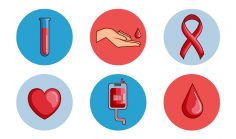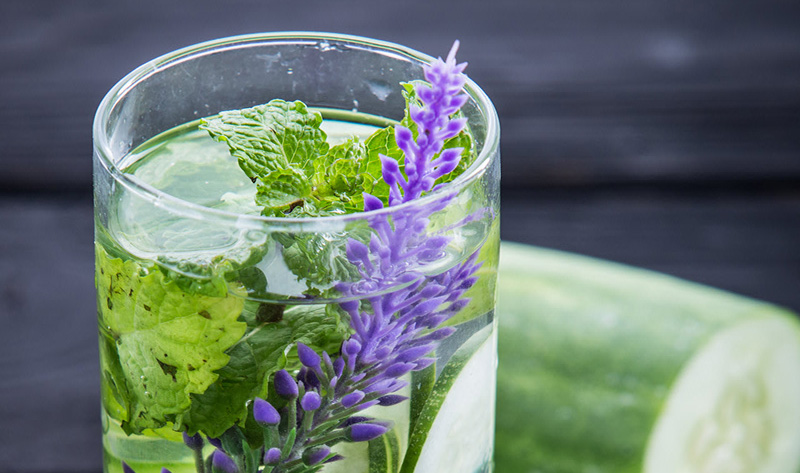10 Breast Cancer Myths

MYTH: Women with larger breasts are more likely to develop breast cancer.
FACT: There is no scientific evidence to suggest a correlation between breast size and breast cancer rate. There is, however a correlation between breast density and risk of breast cancer: women with dense breasts are about six times more likely to develop breast cancer than women with non-dense breasts. Breast density can be evaluated through a mammogram.

MYTH: Eating soy products (such as tofu and soymilk) causes breast cancer.
FACT: Soy contains a compound that can mimic the behavior of estrogen in the body and has been known to turn on cancer-growth genes in the bodies of patients with breast cancer. However, scientists have not yet been able to find a clear link between soy consumption and the development of breast cancer in previously cancer-free patients.

MYTH: Only older women get breast cancer.
FACT: Breast cancer can occur in women of any age, including those aged 20-30 years. The risk of developing breast cancer does increase with age: from 0.44% at 30 years of age to 3.82% at 70 years of age.

MYTH: Eating an all organic diet prevents breast cancer.
FACT: Eating a balanced diet that includes plenty of fruits and vegetables is key to maintaining overall health, however there is not currently enough scientific evidence to link an all-organic diet to a lowered risk of breast cancer.

MYTH: Taking birth control pills causes breast cancer.
FACT: The Susan G. Komen foundation reports that women who are using oral contraceptives (birth control pills) have a 20-30% higher risk of developing breast cancer while they are on the pill. However, because breast cancer rates are already very low among the majority of birth control users (young women), the overall risk is still low. Many women develop breast cancer without ever taking oral contraceptives.

MYTH: Having a mastectomy will ruin my figure.
FACT: The physical changes brought about by mastectomies are often emotionally challenging to address, and some women find that it lowers their personal and sexual confidence. However, there are a growing number of options for women to regain their ideal figure and/or body confidence, including breast reconstruction, post-mastectomy bras, scar reduction therapy, and body art. To connect with a network of women who have undergone or are considering mastectomy procedures, visit The American Cancer Society

MYTH: All women with breast cancer must undergo mastectomies.
FACT: Mastectomies are not the only form of treatment for breast cancer and are not necessary for every patient. Patients may alternatively undergo chemotherapy, radiation therapy, and/or lumpectomies, in which surgeons remove only the affected tissue. Lumpectomies are typically only performed on patients with a single tumors under 4 centimeters in diameter.

MYTH: I cannot have children if I have been diagnosed with breast cancer.
FACT: According to the Susan G Komen Foundation, having a child after breast cancer treatment does not affect a woman’s rate of survival. In fact, it may actually increase a woman’s chances of survival. To assess whether or not your body is ready for a pregnancy, talk to your doctor.

MYTH: If women in my family have breast cancer, I will develop it too.
FACT: Most cases of breast cancer arise in patients without a family history of the disease. However, having one immediate relative with breast cancer doubles the risk of developing the disease, and having two immediate relatives more than quadruples the risk.

MYTH: I cannot develop breast cancer if I do not have BCRA1 or BCRA2 gene mutations.
FACT: According to the National Cancer Institute, only 5-10% of cancers are caused by mutations in the BCRA1 and BCRA2 genes. Patients who do have those mutations are, however, much more likely to develop breast cancer. Nearly half of women with a BCRA1 or BCRA2 mutation will develop breast cancer at some point in their lives.










